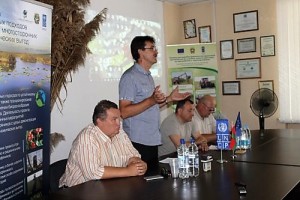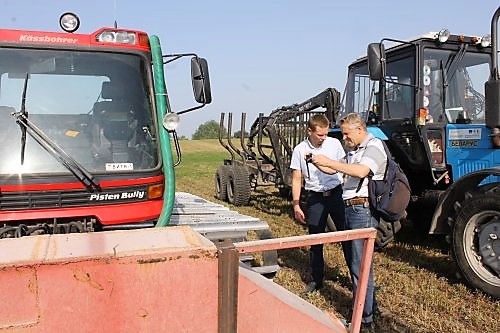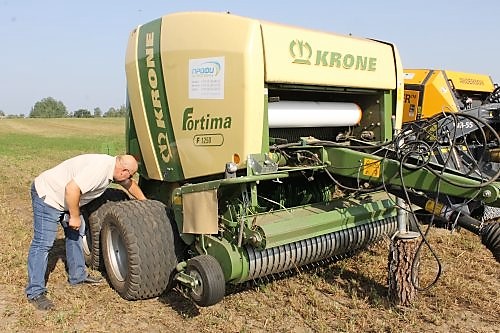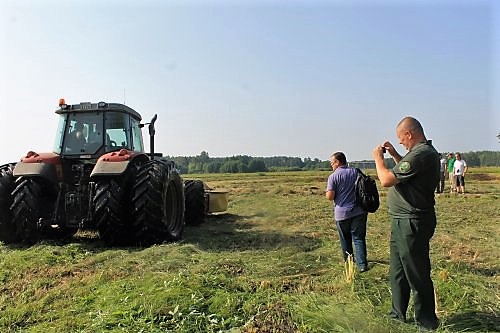The focus of the workshop was on fighting climate change, preventing soil degradation, peat fires and floods, utilizing peatlands’ biomass in energetics and construction sectors, preserving biodiversity, The event, which took place in the Republican biological reserve "Sporovsky", was organized by the "Clima-East” project, financed by the European Union and implemented by the UNDP and the UNDP-GEF" Peatlands 2 "project, - reported in the
press office UNDP.
"Our projects work in similar territories and solve similar problems. We want to demonstrate our achievements, as we are confident that our useful experience will be in great demand", said Vladimir Koltunov, the Project manager of “Clima-East”.
"When developing the" Strategy for conservation and rational (sustainable) use of peatlands", we tried to consider the achievements of both projects to turn them into normative documents", said Alexei Artsiushevskiy, the Project manager of "Peatlands 2".
According to Nikolai Svydinsky, head of the Biological and Landscape Diversity Department of the Ministry of Natural Resources and Environmental Protection, both projects clearly demonstrate the economic, environmental and social benefits that the Republic of Belarus derives from the implementation of these projects.
"It is very important for us that this territory becomes again suitable for the habitat of valuable and endangered species," stressed Nikolai Svydinsky.
Over 65 species of animals and 22 species of plants listed in Red Book of the Republic of Belarus have been registered on the “Sporauski” peatland solely. The projects aim to preserve and enrich local biodiversity. Population of the aquatic warbler grew by 1,5-2 times on the pilot territories. Populations of the double snipe, spotted eagle, European curlew and black-tailed godwit also increased.
During the seminar, the "Clima-East” demonstrated the work of equipment necessary for biomass harvesting and transportation. In 2016 all the equipment was transferred to the republican biological reserve “Sporauski”. Harvested wood is used actively as ecologic fuel replacing hydrocarbon feed partially as one of the main sources of carbon emission.
The development of the "Strategy for the Conservation and Sustainable Use of Peatlands" is the main outcome of the "Peatlands 2" project. Within the workshop the project: summarized the results of all UNDP projects implemented in Belarus on sustainable management of peatlands over the past 10 years. The Peatlands-2 project’s book “Peatlands of Belarus. The Path to Sustainable Use” was presented.




